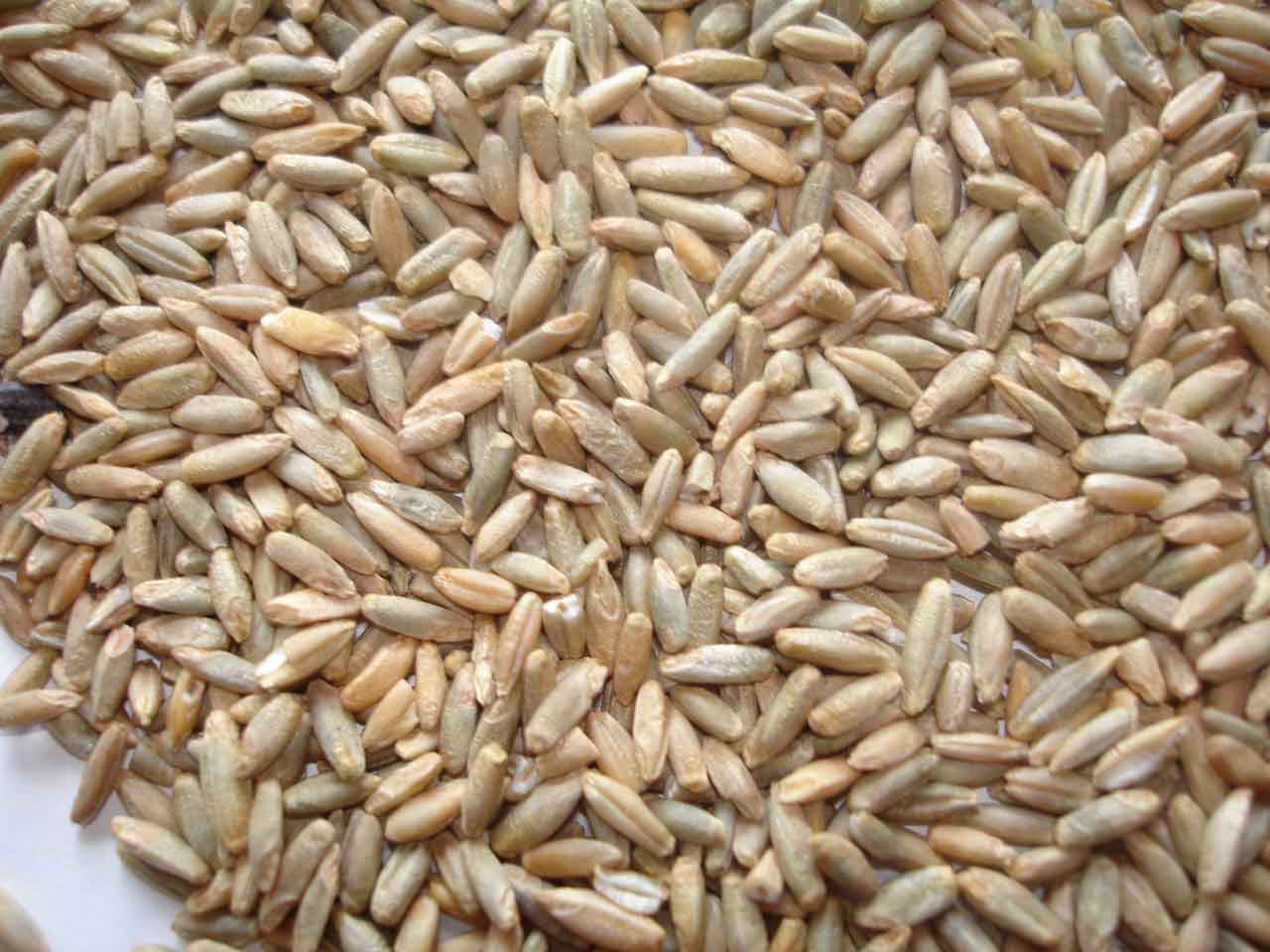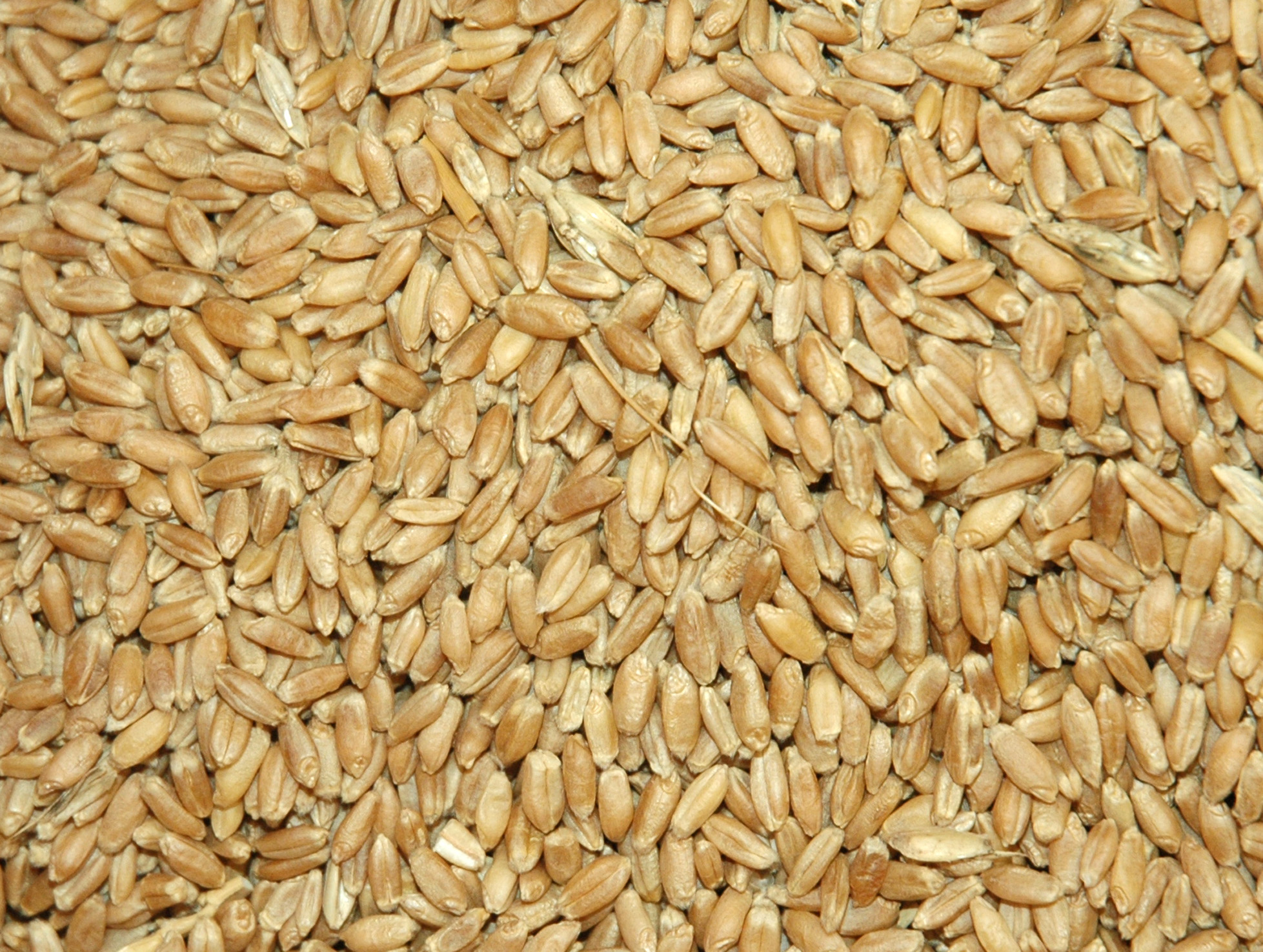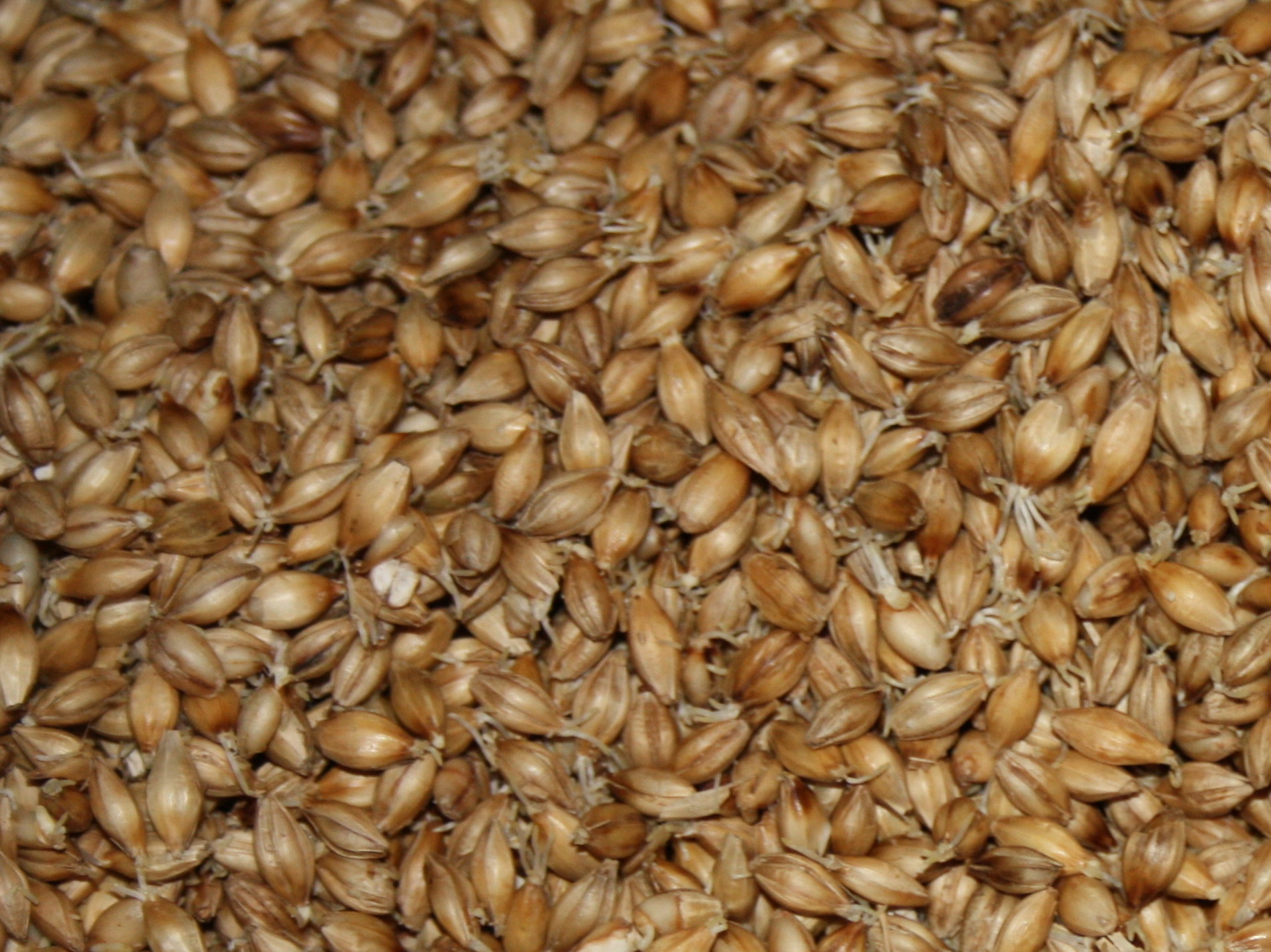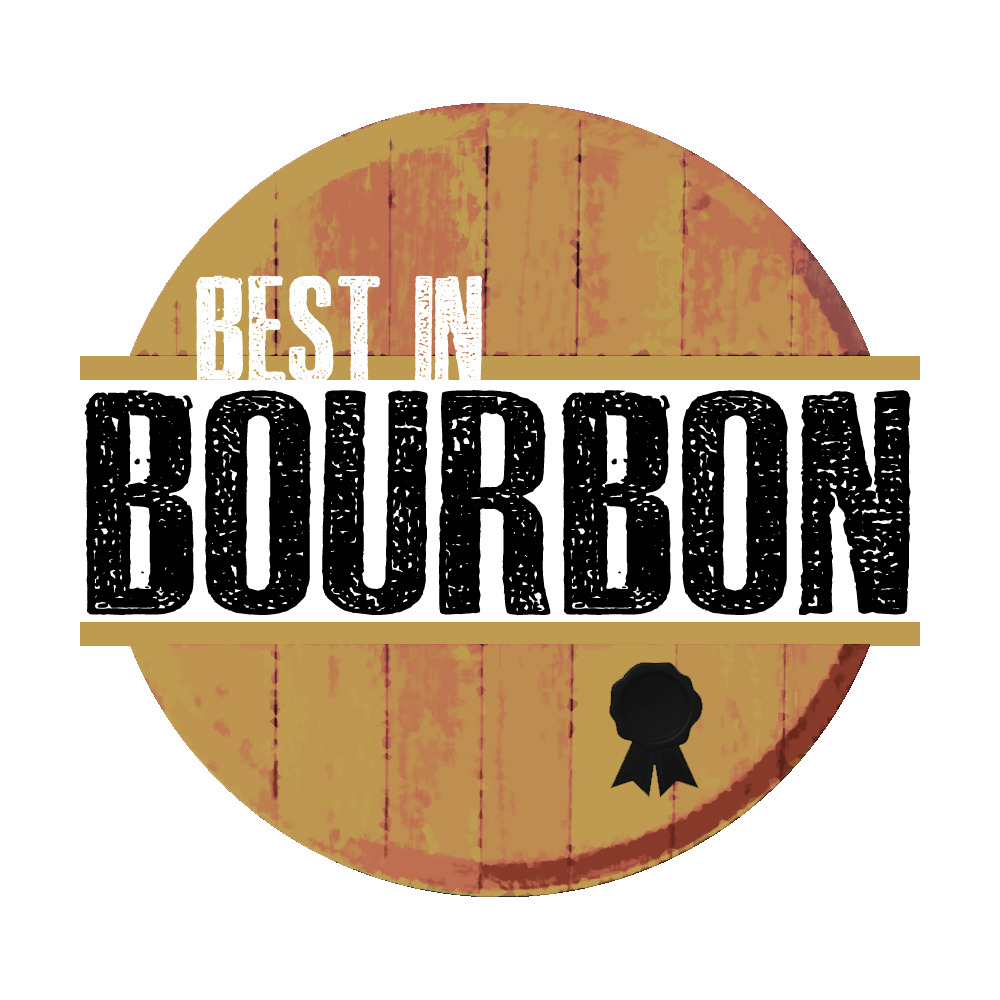Laws and Guidelines for Bourbon
- It must be produced in the United States
- The grain mixture must be made of at least 51% corn
- It must be aged in new, charred oak barrels
- Distilled to no more than 160 proof
- Entered into the barrel for aging at no more than 125 proof
- Bottled at 80 proof or more
- To be called Straight whiskey, it must remain in barrels for at least 2 years
- If the whiskey is under 4 years old, there must be an age statement on the bottle
Key Terms
Single Barrel: All of the bourbon in a given bottle came from one barrel
Small Batch: A small section of barrels that are located in similar parts of the warehouse, that are selected, dumped, and bottled
Barrel Proof: Whiskey has not been diluted before going into the bottle, resulting in a higher proof
Bottled-In-Bond: Product of one distillation season, by same distiller, at same distillery. Aged 4 years in a bonded warehouse and bottled at 100 proof
Mash Bill: The ratio of different grains used to make whiskey
Corn: sweetness

Rye: bold/spicy

Wheat: caramel/vanilla

Barley: nutty

Tasting Notes: Common aromas and flavors detected in bourbon
*Every individual has a different and unique sense of smell and taste, so you may detect an array of other aromas and flavors in a particular bourbon not mentioned. Those listed below are the one's I most commonly detect.
Fruit
Cherry
Apple
Orange
Lemon
Citrus
Peach
Apricot
Banana
Raisin
Candied Fruit
Floral
Flowers
Lavender
Violet
Hay
Perfume
Woody
Char
Bonfire
Oak
Hickory
Cedar
Candy
Vanilla
Caramel
Brown Sugar
Butter Scotch
Maple Syrup
Milk Chocolate
Nougat
Honey
Burnt Sugar
Toffee
Butter
Cocoa
Herbs/Spices
Black Pepper
Nutmeg
Cinnamon
Allspice
Ginger
Mint
Cumin
Anise
Other
Corn
Barley
Nutty
Leather
Yeast
Rye
Tobacco
Wine
Coffee
